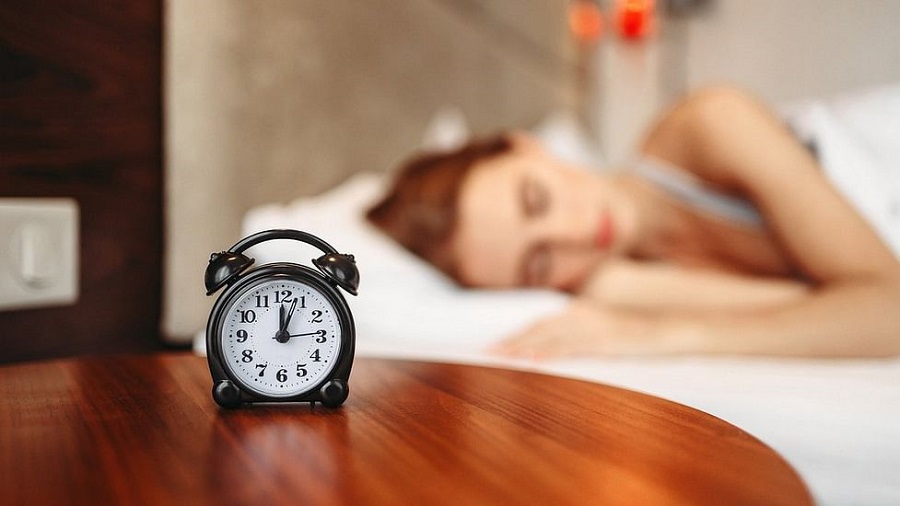Do dreams affect your sleep

People spend one-third of their life sleeping, and a good night’s sleep means a lot to your overall health both physically and mentally. Since dreaming is one of the most important aspects of sleep, do dreams affect your sleep?
The essence of dreams
During sleep, you alternate between non-REM deep sleep and REM (rapid eye movement) sleep a few times. Your brain is the most active in the latter phase when all kinds of vivid dreams frequently occur. Dreams come out in different formats, such as images, feelings and emotions, stories and so on. They are also tightly interconnected with what happened during the day and what’s going on in your mind. For example, if you are feeling stressed lately, you’re more likely to have bad dreams. If something pleasant happened, you may experience similar feelings in your dream.

Some people like to wear sleep monitoring devices to track their heart rate and other aspects during sleep, but you’ll never know how well you’ve slept, as nice signs don’t necessarily mean you wake up refreshed. Nevertheless, you can learn about your sleep quality through the dreams below.
Good dreams
Good dreams usually mean that you had a great night’s sleep. And you’re more likely to sleep well if you are in a good mood. Yet, no scientific research has found that good dreams will definitely make you sleep better.

Bad dreams
We all had bad dreams before. It’s normal for you to have bad dreams occasionally because through dreaming your body is trying to process and heal your difficult experience. On the flip side, bad dreams may sometimes wake you up in the middle of the night, and make it hard for you to fall asleep again. So the consequence is that you may not get enough sleep. If you find yourself having bad dreams frequently, talk to your doctor to find out what exactly makes you stressed.

No dreams
Some people may never dream. This may be a sign that you are not getting enough REM sleep. When you only sleep for 4-5 hours a night, your body will prioritize non-REM sleep, and during the day, you’re more likely to experience drowsiness, memory problems, depression, obesity and more.















